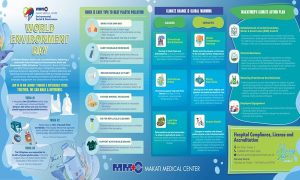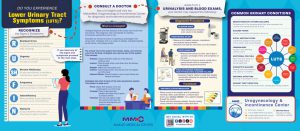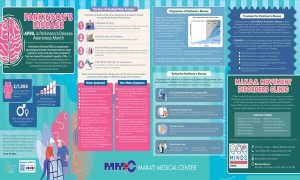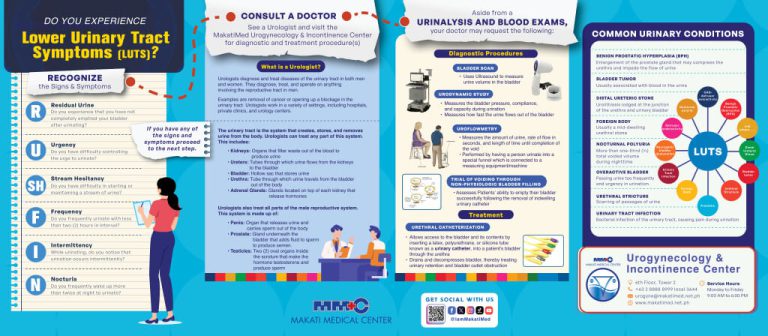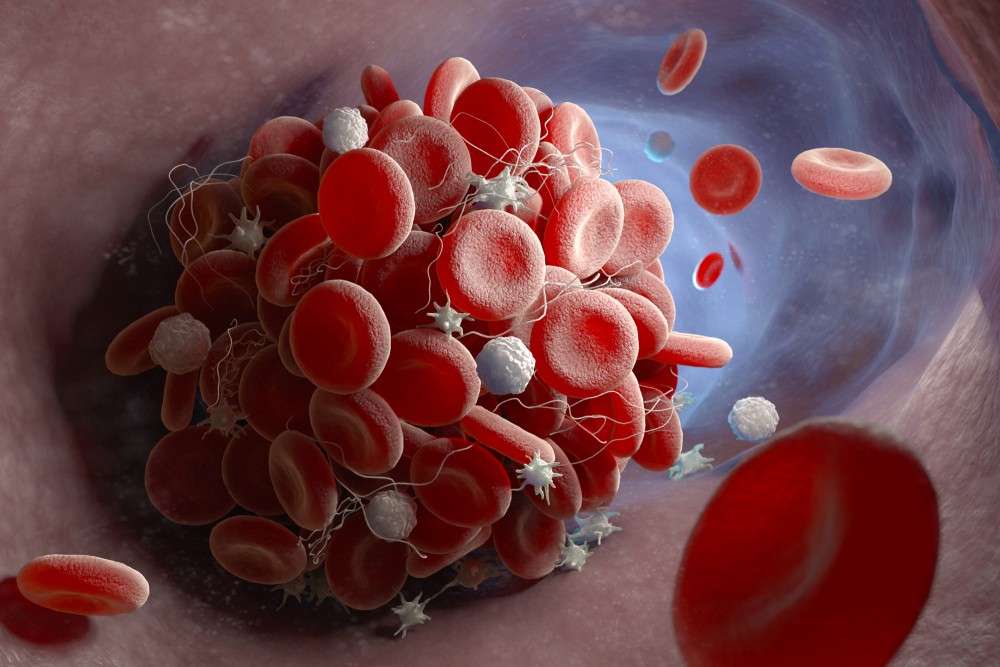
The world is currently racing against time to roll out COVID-19 vaccines. As the virus continues to evolve, medical facilities are working as fast as possible to control the situation.
Several pharmaceutical companies providing these vaccines ensure that they are safe to use and can effectively reduce the risk of severe infection. However, a few of those who have begun to undergo vaccinations are experiencing a very rare side effect that causes blood clots.
What is a Blood Clot?
Also known as the coagulation of blood, blood clots are a lump of gelatinous mass formed by the platelets and composed of red blood cells and fibrin. This mass typically starts when parts of the blood begin to thicken and creates a partly solid clump.
Blood clots can be triggered by several factors such as injuries inside and outside the body, smoking, and prolonged sitting. Some medications, such as hormone pills and birth control, may also cause blood clots in rare cases.
There are two main types of blood clots that form in our bodies: thrombus (stationary) and embolus blood clots (typically loose and considered more dangerous). Doctors can also identify blood clots based on where in the body they begin to form. These include arterial and venous clots, which form in the arteries and veins, respectively.
In some cases, blood clots are a necessary body function in response to injuries such as cuts. However, they can also form any time and cause complications that require emergency medical services.
Blood Clot Risk Factors
Several factors can increase the chances of developing dangerous blood clots.
- Obesity: Increased pressure from the abdomen caused by obesity can reduce blood circulation from the legs. This causes inflammation, making them more susceptible to deep vein thrombosis (DVT).
- Pregnancy: During pregnancy, hormonal changes and added pressure to the veins may restrict the blood flow, causing blood clots. In the U.S, pulmonary embolism is the leading cause of maternal death.
- Smoking: Smokers increase their risk of blood clots due to the damage it causes to the lining of blood vessel walls. Simultaneously, smoking can cause the surface of blood platelets to become sticky and clump together, so there is no better time to quit this bad habit than now.
- Trauma: The blood vessel typically clumps together close to an injury to help stop bleeding, resulting in trauma-induced blood clots. In most cases, these are harmless but should be given medical attention if a clot forms when there is no injury.
- Cancer: Most forms of cancer cause the blood to thicken and release substances that make them clump together. Additionally, some forms of treatment, such as chemotherapy, can cause inflammation to blood vessels and veins.
- Surgery: Those who undergo surgical procedures increase their risk of developing blood clots because they become immobile for some time. Blood clots generally form around the hip area and other lower parts of the body.
- Oral medication: As mentioned, some oral medications like birth control pills and hormone medication can increase the chances of blood clot development. Among women who take these medications, the risks of blood clots increase two (2) to six (6) times the average rate compared to women who do not.
- Genetics: The risks of blood clot development can also increase due to genes. Those who have mutations in their prothrombin gene produce more of the protein, which tends to cause clots.
- High blood pressure: Those with high blood pressure experience blood clotting more often because of the development of arteriosclerosis. Simultaneously, hypertension can make a person more likely to develop blood clots around the heart and arteries leading to the brain, which can cause a stroke.
- Age: People aged 60 and over are more likely to develop blood clots than younger people because they tend to move around less, which can cause a slower flow of blood.
Blood Clots and COVID-19
Some studies on the recorded side effects of COVID-19 have found that the virus may cause an increased risk of blood clots among the infected. However, after taking the first dose of the AstraZeneca vaccine, a small number of people also developed serious blood clotting as a potentially rare side effect.
Currently, there has been no conclusive evidence found that correlates this side effect with the vaccine. In fact, new studies have stated that there are greater risks of blood clot development in those infected by COVID rather than those who take the vaccine.
Vaccines are developed with care to protect people and their health against deadly and infectious diseases. These treatments also help build the body’s immunity against new viruses, which significantly lowers the risks of severe health conditions and even death.
Much like many other forms of medication, these treatments do not come without side effects. However, despite this, the benefits of being vaccinated will always outweigh any drawbacks it may have.
Take the Health Initiative
Blood clots can happen to anyone and at any age. There are also different reasons behind it apart from injuries. The risks often increase due to several factors. However, there are also several treatments to combat this health concern.
While some blood clots may be necessary for healing, it is vital to seek medical attention to ensure that it does not cause harm. For more information regarding blood clots, treatment, and other health concerns, contact Makati Medical Center today.

